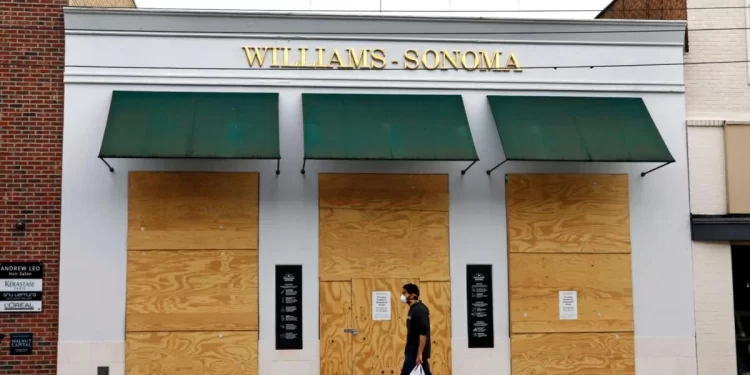By Anthony Hennen | The Center Square
(The Center Square) – In the debate over how to spend the rest of Pennsylvania’s $1.7 billion in federal ARPA funds, a partisan split has unsurprisingly emerged.
Democrats have laid out a specific plan and criticized Republicans, who have preferred to save the funds for later, saying the money doesn’t need to be spent until 2024.
Previously, Republicans have mentioned using the money for investments in health care and prudently using taxpayer resources. Now, a bipartisan plan sheds some light, one that would use $75 million for economic development.
SB977, sponsored by Sens. Lisa Boscola, D-Lehigh/Northampton, John Yudichak, I-Carbon/Luzerne, and Wayne Langerholc, R-Clearfield, would create a new program to fund projects that were not funded or fully funded by other state development programs.
“We should be using these one-time dollars to jump start our economy and complete dynamic projects in our communities using programs that we know work and put all of Pennsylvania on the path to sustained growth as we come out of the pandemic,” Boscola, Yudichak, and Langerholc wrote in a legislative memo.
The bill leaves open the possibility of the program receiving funding in addition to the ARPA dollars. The program, dubbed the Economic Recovery Grant Program, would then dissolve when ARPA funds are used up.
“Using these one-time dollars to help create short-term construction jobs, more permanent full-time jobs, and reuse our old, decaying industrial sites scattered throughout our Commonwealth will provide a broader return of investment,” Boscola, Yudichak, and Langerholc said.
Importantly, the program would be required to submit a report to the General Assembly a year after the money is spent that details who received funding, how much was received, and how the funds were spent. Pennsylvania’s track record for transparency on how public funds are spent has been poor, according to a recent report. It hasn’t been clear what the results of economic development funds have been, nor, in some cases, who received funds in the first place.



